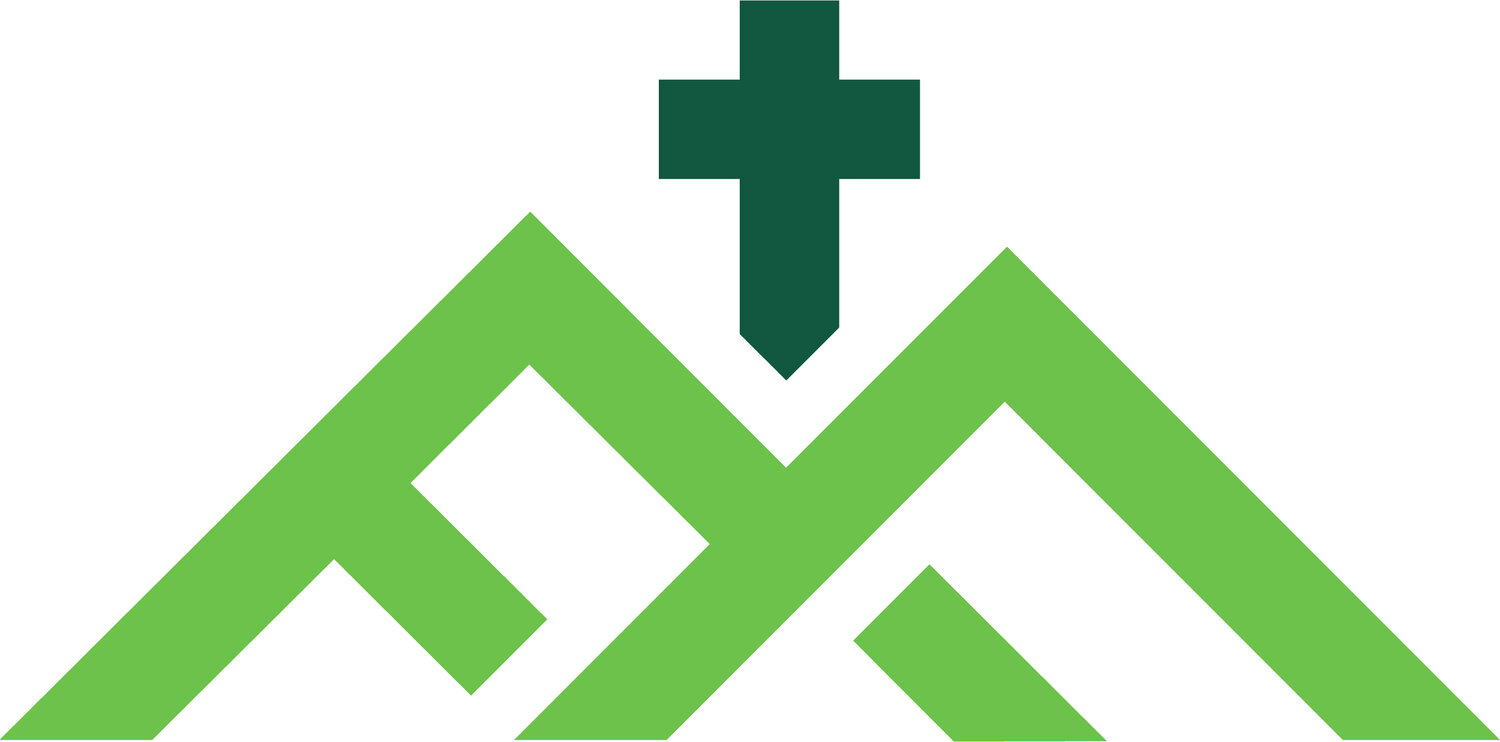Dear endowment, trustee, and finance committee chairs,
You may remember that last fall we published a piece called 6 questions to ask about your church’s investments. This year, along those same lines, we’ve tried to anticipate some of the questions you may receive from your committees, and provide information that would help you answer them, either during your fall meeting or as part of your report to Charge Conference. We hope you will find information that supports and informs your important task.
The text that is underlined throughout are links that you can click on to access additional information. Please don’t hesitate to call the Foundation office at (800) 488-4179 to schedule a phone or zoom call with one of our staff if you need more information.
Which assets will be discussed today/in this report?
It might be that you have persons new to your committee who are not familiar with the scope and responsibilities of its task. We believe it makes sense to start the discussion by outlining the specific assets or pools of assets you are working with and their particular objectives. As such, you might begin with: This report primarily covers assets that are held by the church with a long-term (at least 5-10 year) objective. These include the church’s endowment funds, capital investment funds, trust funds, and other assets not held for short-term or rainy day capital needs. The church currently holds these funds: (list fund names and amounts).
Where are our assets invested, and why?
These long-term assets are held with Faith Foundation Northwest (formerly the Northwest United Methodist Foundation). This organization grew out of the United Methodist connection in 1966, and now is entrusted with a combined $78 million for United Methodist churches, camps, and agencies across the Northwest. Faith Foundation partners with Wespath (the UM pension and institutional investments manager) to provide us with the long-term returns we need, the diversification we require in order to manage risk, and the environmental, social, and governance (ESG) impacts that express our faith. Faith Foundation is big enough to have unrestricted assets to weather volatility like we’ve seen this year in the markets, but small enough that a real person answers the phone. Tom Wilson, the Foundation’s Executive Director often answers this question by offering that: We invest with the Foundation because they help us to apply the words we heard from the pulpit on Sunday, as we go out into the difficult and oftentimes self-indulgent investment world on Monday.
How is our money invested?
You might start by recognizing the name of the portfolio and its equity to fixed income blend, such as: Our funds are held in Faith Foundation’s Diversified Moderate portfolio, which has a balance of 65% equities and 35% fixed income instruments. (The other portfolio blends are as follows: DIV-CON 50/50; DIV-AGR 85/15; SVC-CON 50/50; SVC-MOD 65/35; SVC-AGR 70/30.) This portfolio is overseen by Wespath and managed by more than forty of the world's largest and most successful portfolio managers. Wespath holds more than $23 Billion for United Methodists worldwide, and uses an investment philosophy of active management and broad diversification to get great returns, while prioritizing sustainable investment in line with our United Methodist Social Principles.
How are these investments doing?
As you all know, Equity and Fixed Income markets have seen major volatility so far in 2022. Uncertainty created by high rates of inflation, interest rate hikes, the war in Ukraine, Covid, and recession anxieties, to name just a few, have resulted in significant market and individual stock swings. This will likely continue until these concerns abate. At the market’s close on August 31, the Diversified Moderate Portfolio had a year-to-date loss of 16.46%. The Fossil Free Moderate Portfolio lost 17% in the same period. These portfolios underperformed their benchmarks by 1.49% and 0.39% respectively. However, even with these losses taken into account, over a 5-10 year term, all but the most conservative of Faith Foundation’s portfolios have still returned their targeted 6% to 7% per year. Additionally, over a 5-10 year term, the Wespath funds that comprise each portfolio have regularly beaten their benchmarks.
What is the Foundation’s and Wespath’s market outlook?
Wespath and Faith Foundation share an optimistic worldview that, in the long run, markets will continue to rise despite short-term volatility. This view is supported by historic market returns:
Because efforts to time the market usually don’t work, both Wespath and Faith Foundation are maintaining a disciplined approach, and encouraging their investors to do the same. Joe Halwax, CAIA, CIMA, Wespath’s Managing Director of Institutional Investment Services, writes the following:
“As the markets slowly adjust to inflation, and as the Fed implements measures to address it, we expect continued volatility. However, we also know that market timing is a futile effort. This is why Wespath remains a patient investor, full invested and fully diversified, positioned for the long-term. History has proven—during 2008–2009 and again in 2020—that adhering to a disciplined strategy is the best policy—it works.
Wespath understands that market volatility swings can, understandably, be unsettling. All should take comfort in the fact that Wespath will maintain its disciplined strategy of managing diversified investments.”
What action should our committee be taking?
It’s not our job to make sure our church’s investments never lose value; rather, our responsibility is to make sure our investment strategy matches the purpose of the fund(s) in our care. In order to achieve annual returns of 6% to 7% over the long run, we need market exposure, and that means riding out volatility during years like this one. This practice is supported by the statutes (Alaska, Idaho, Oregon, and Washington) that govern the prudent management of institutional funds.
Where can we get help?
Whenever we need specific information regarding our account(s), we can call the Foundation office at (800) 488-4179. Staff are available to speak with our committee via phone or zoom upon request.

